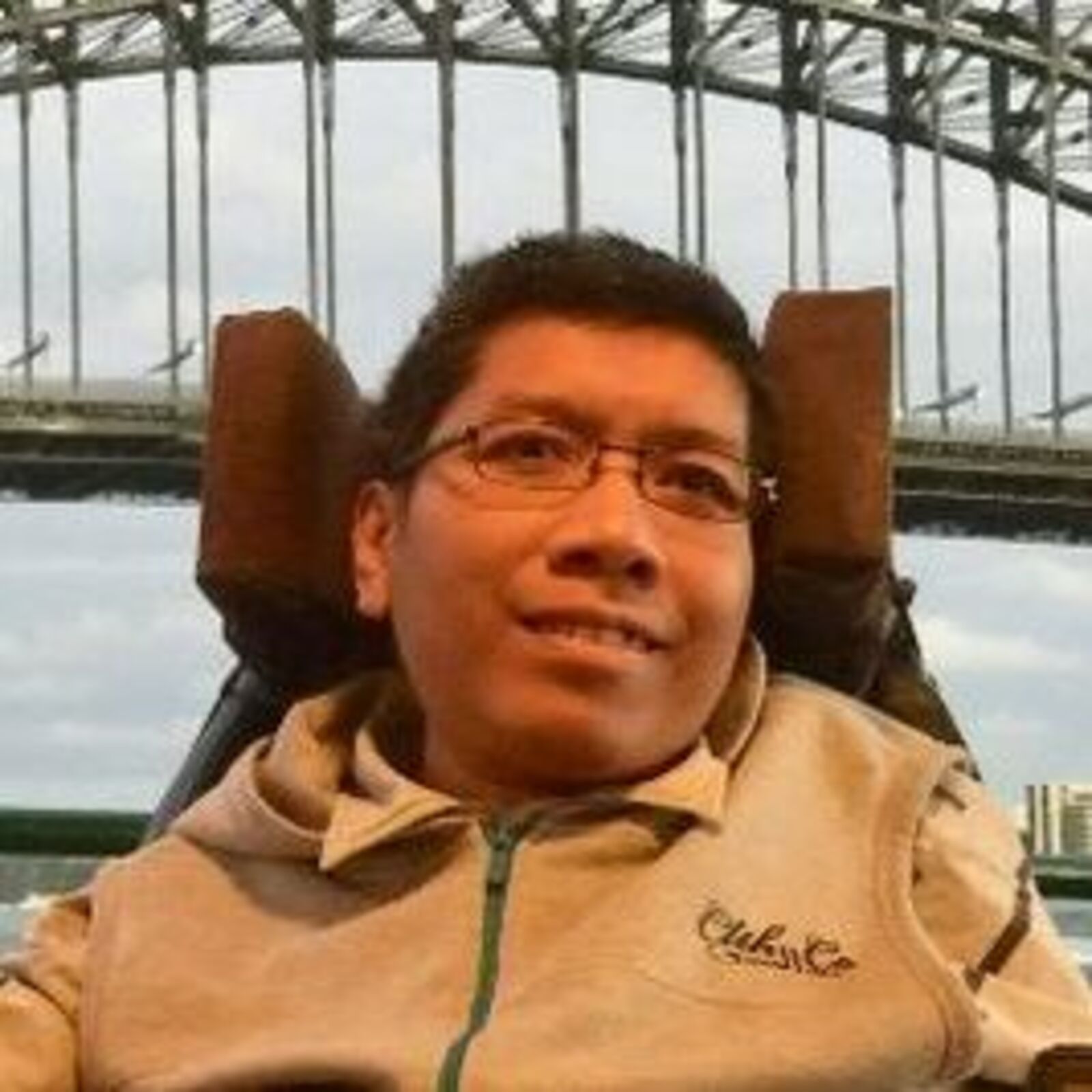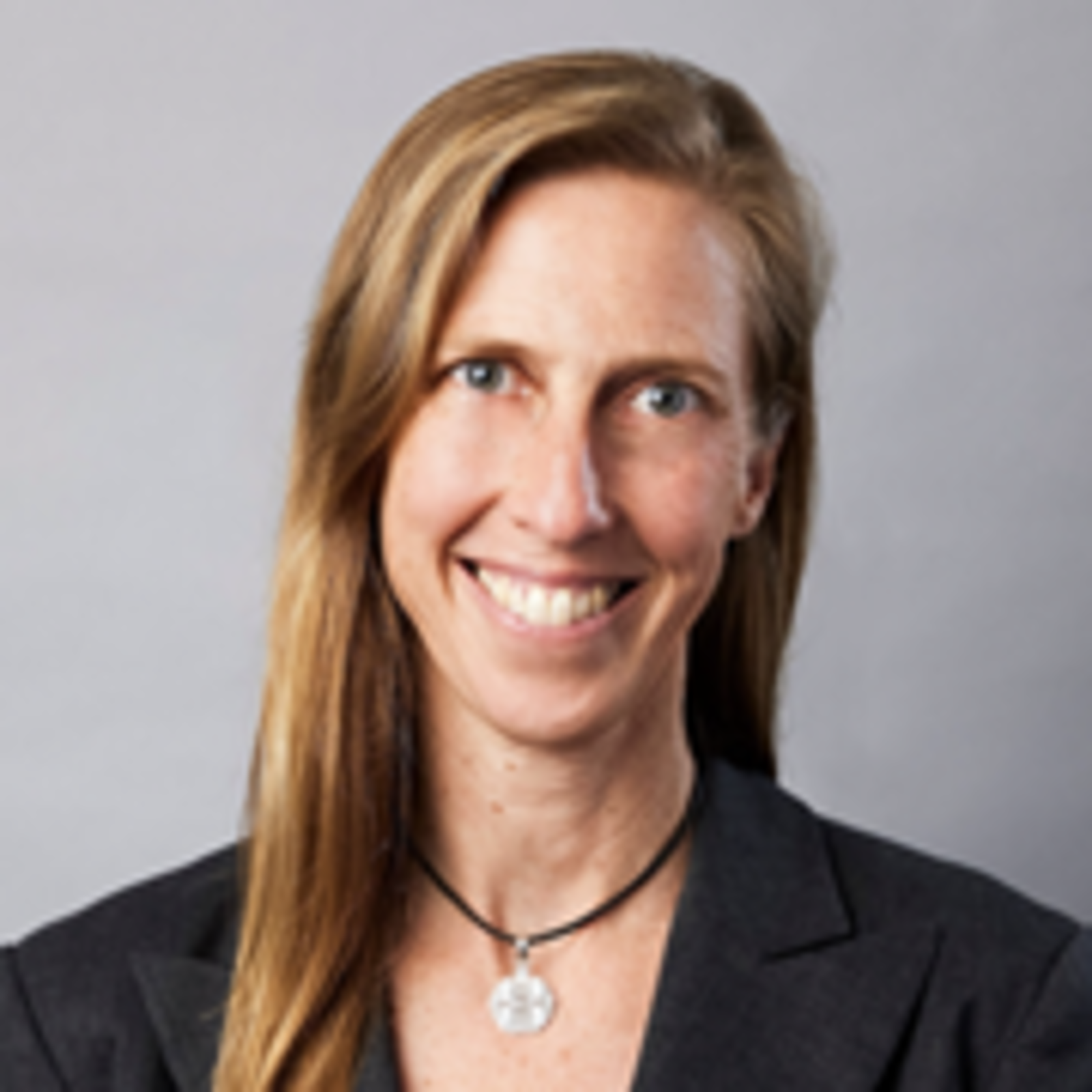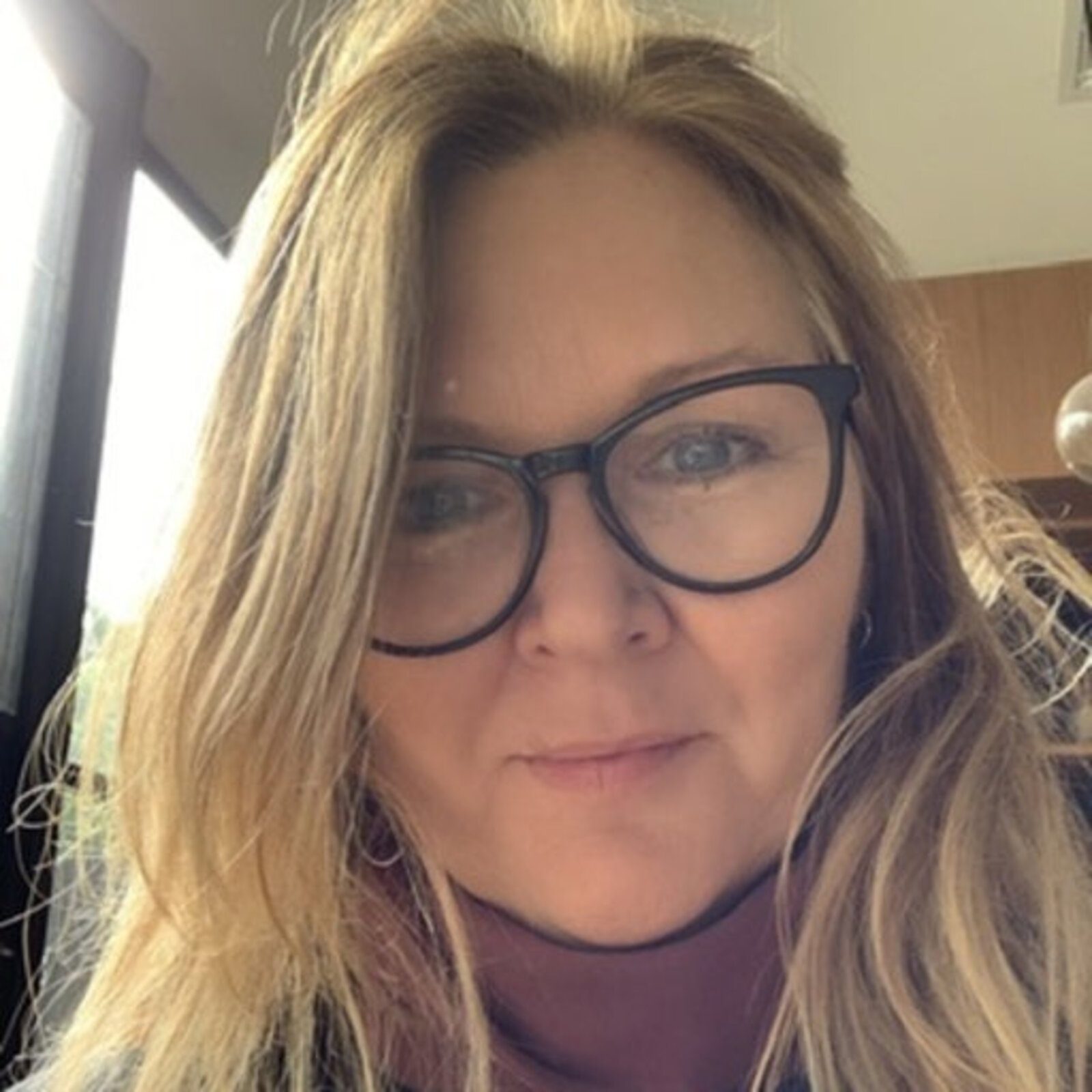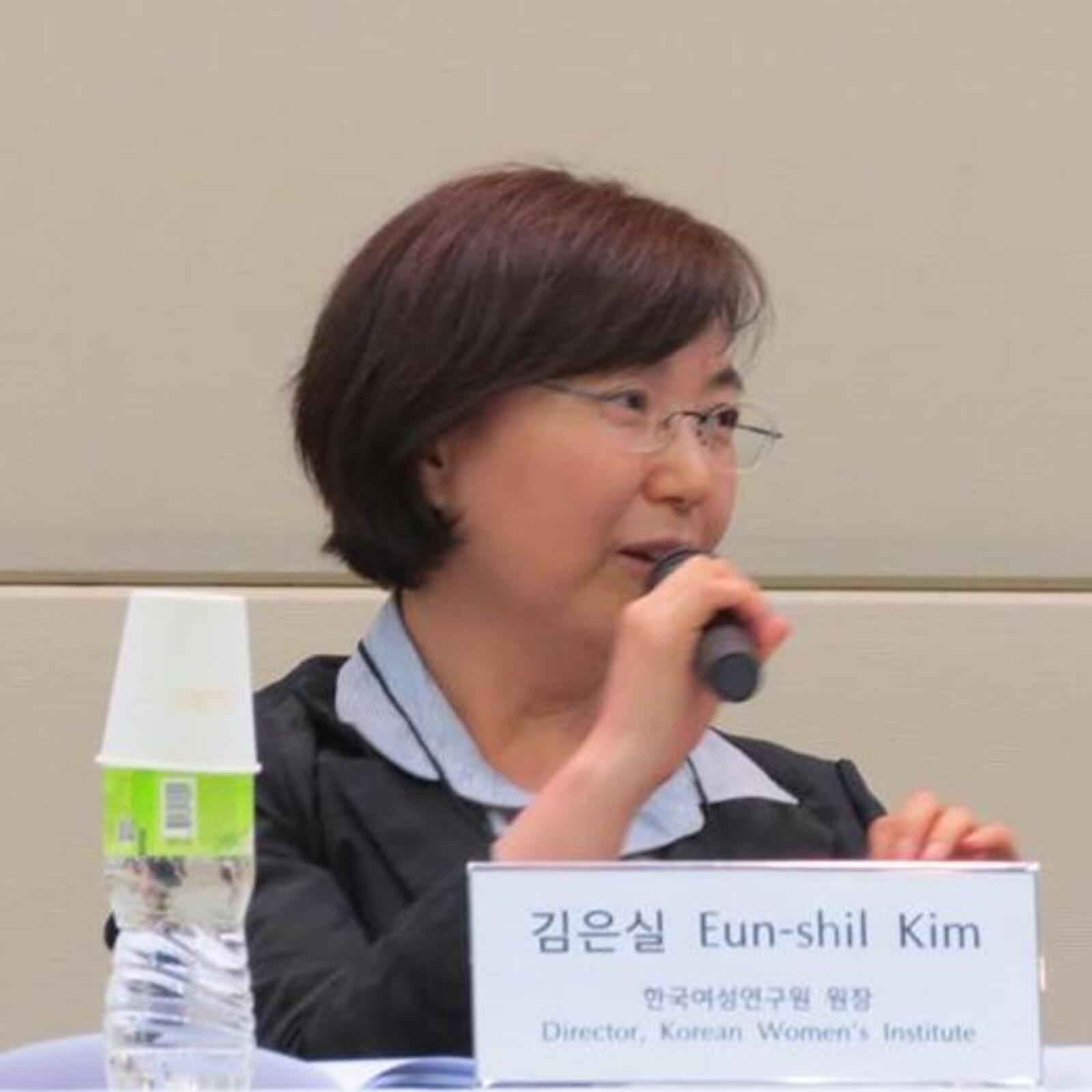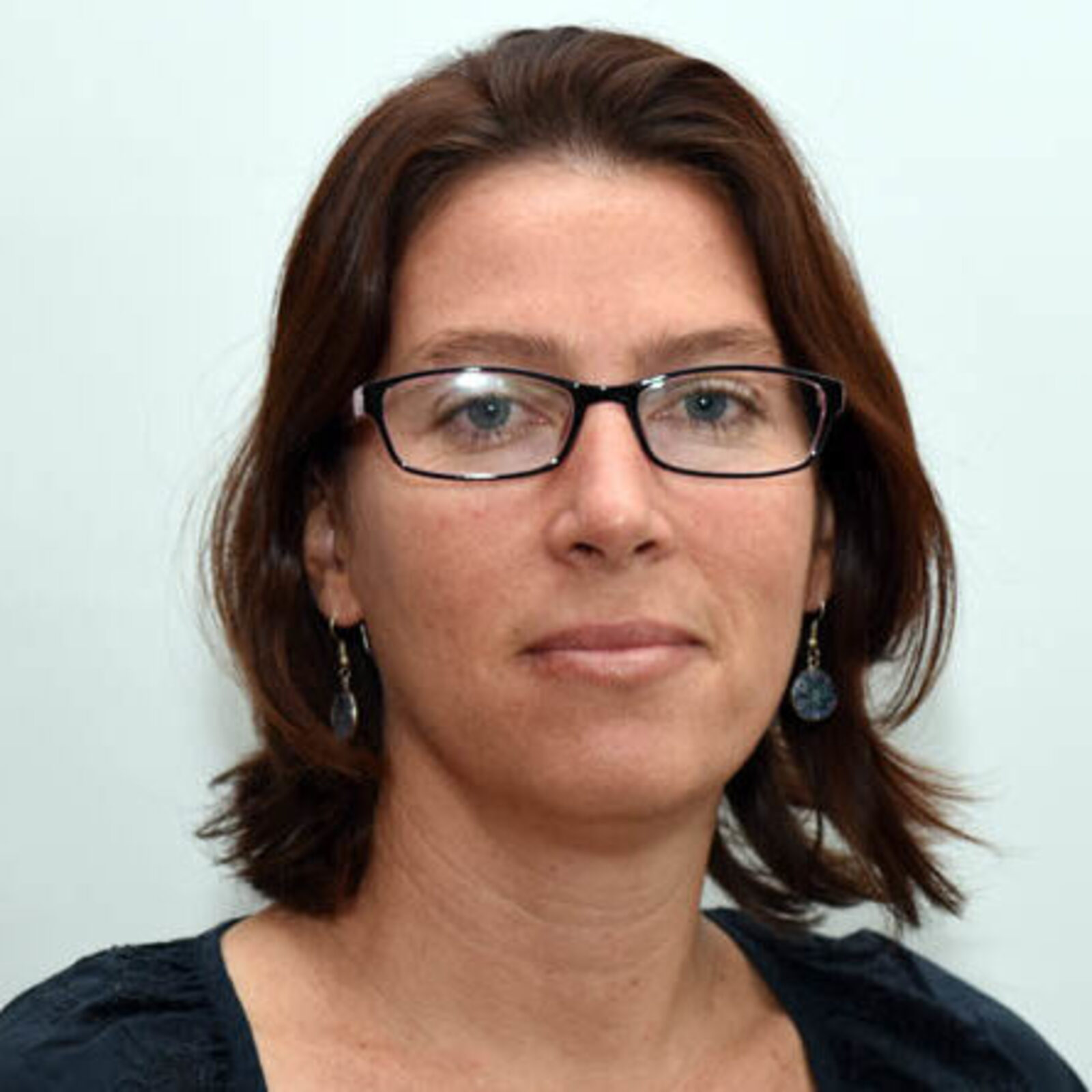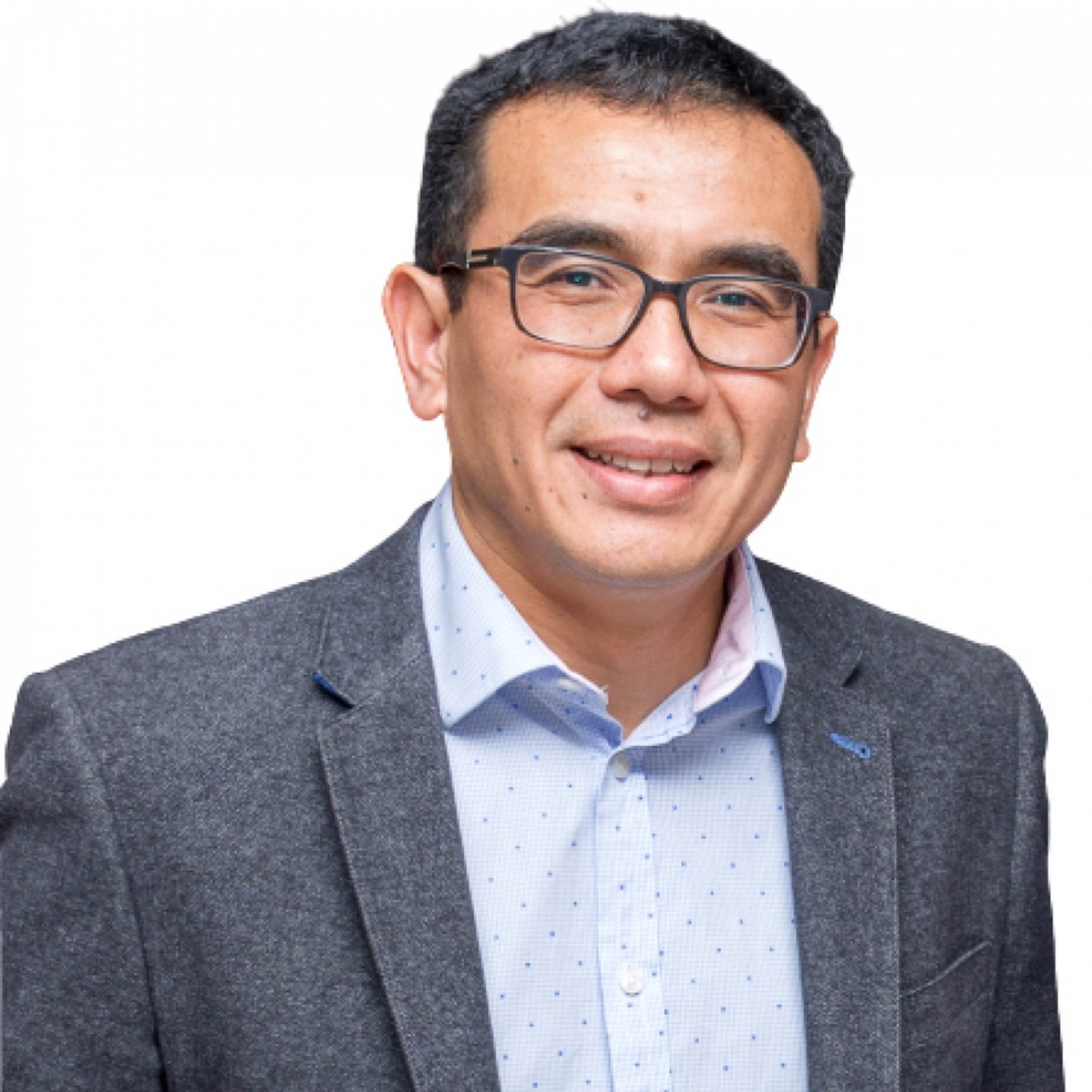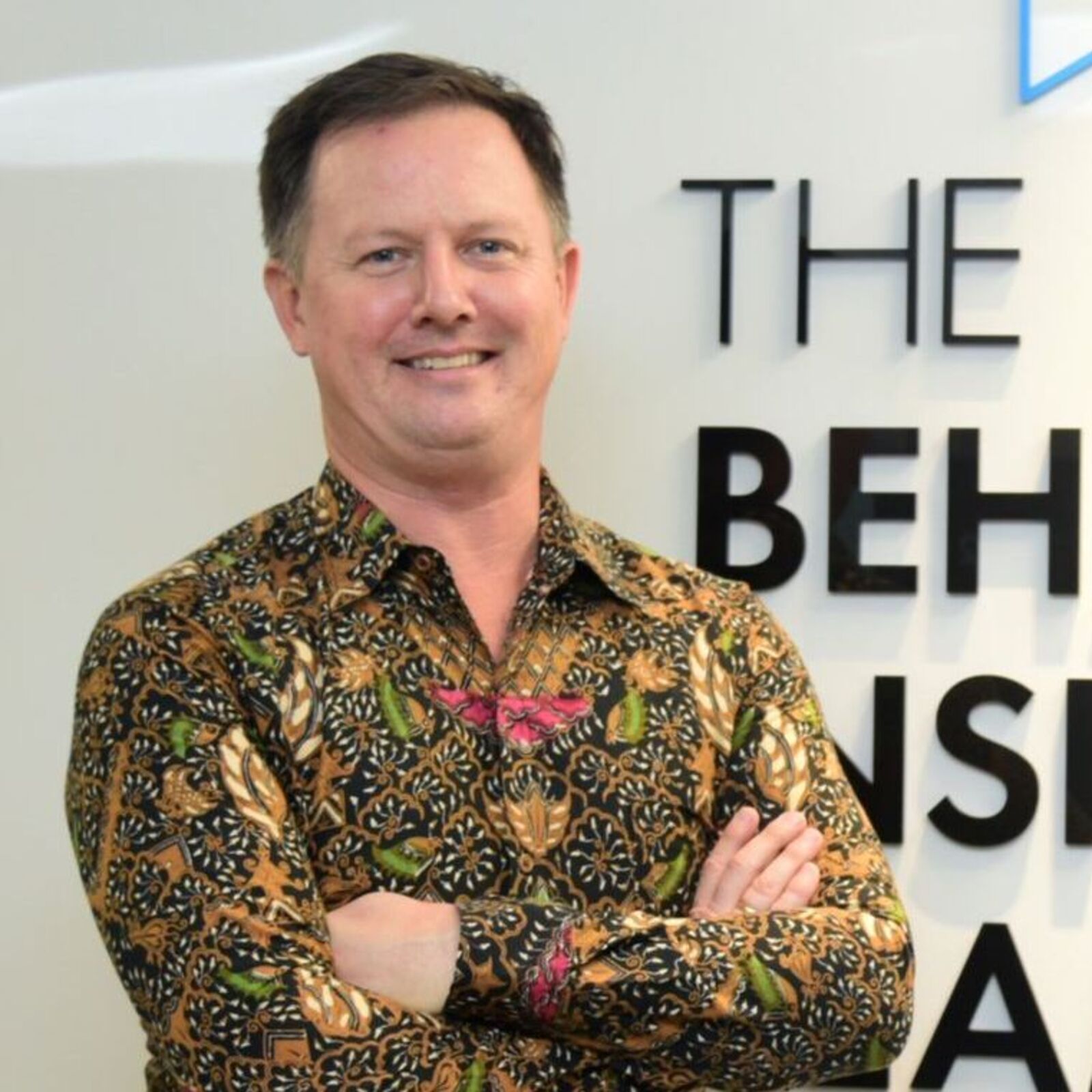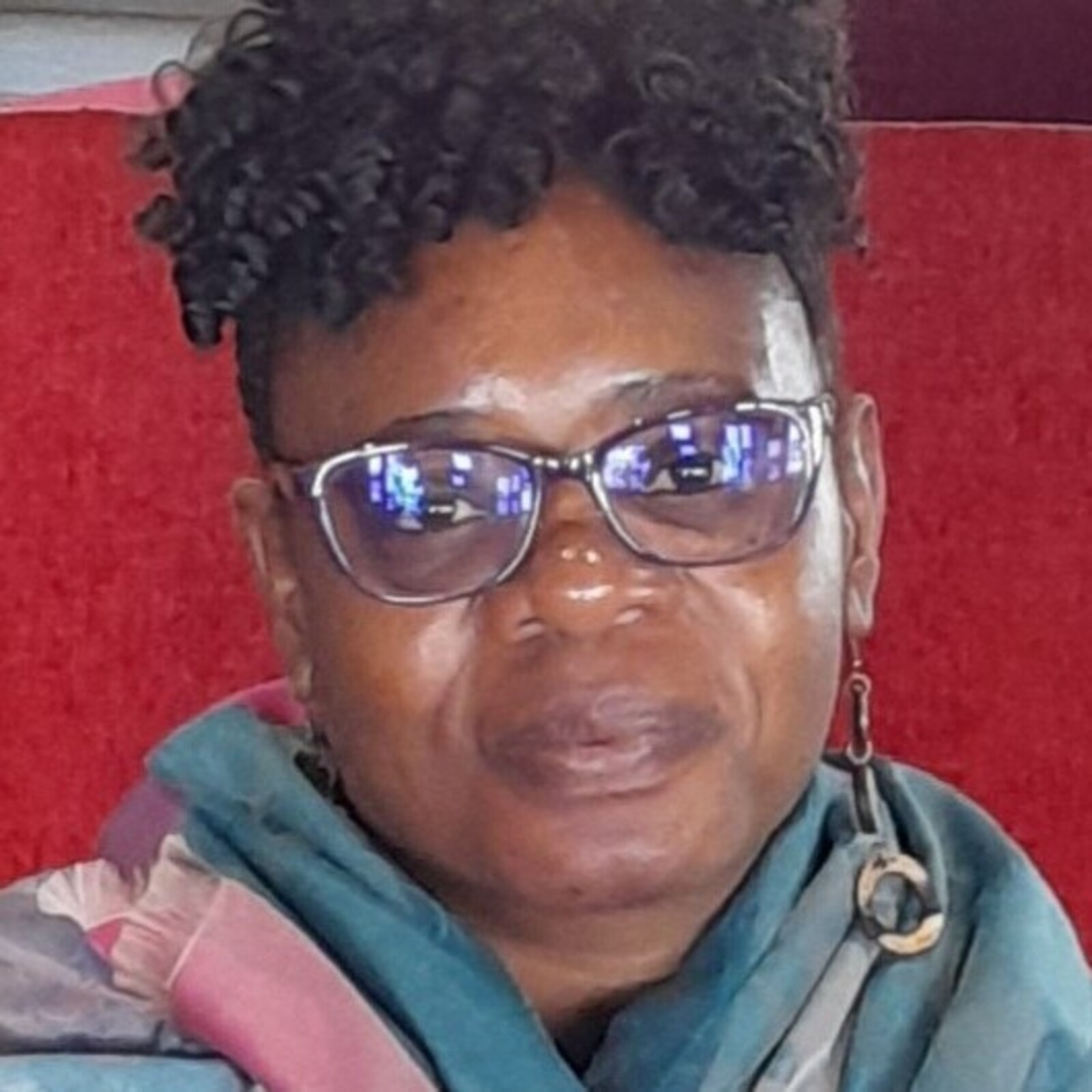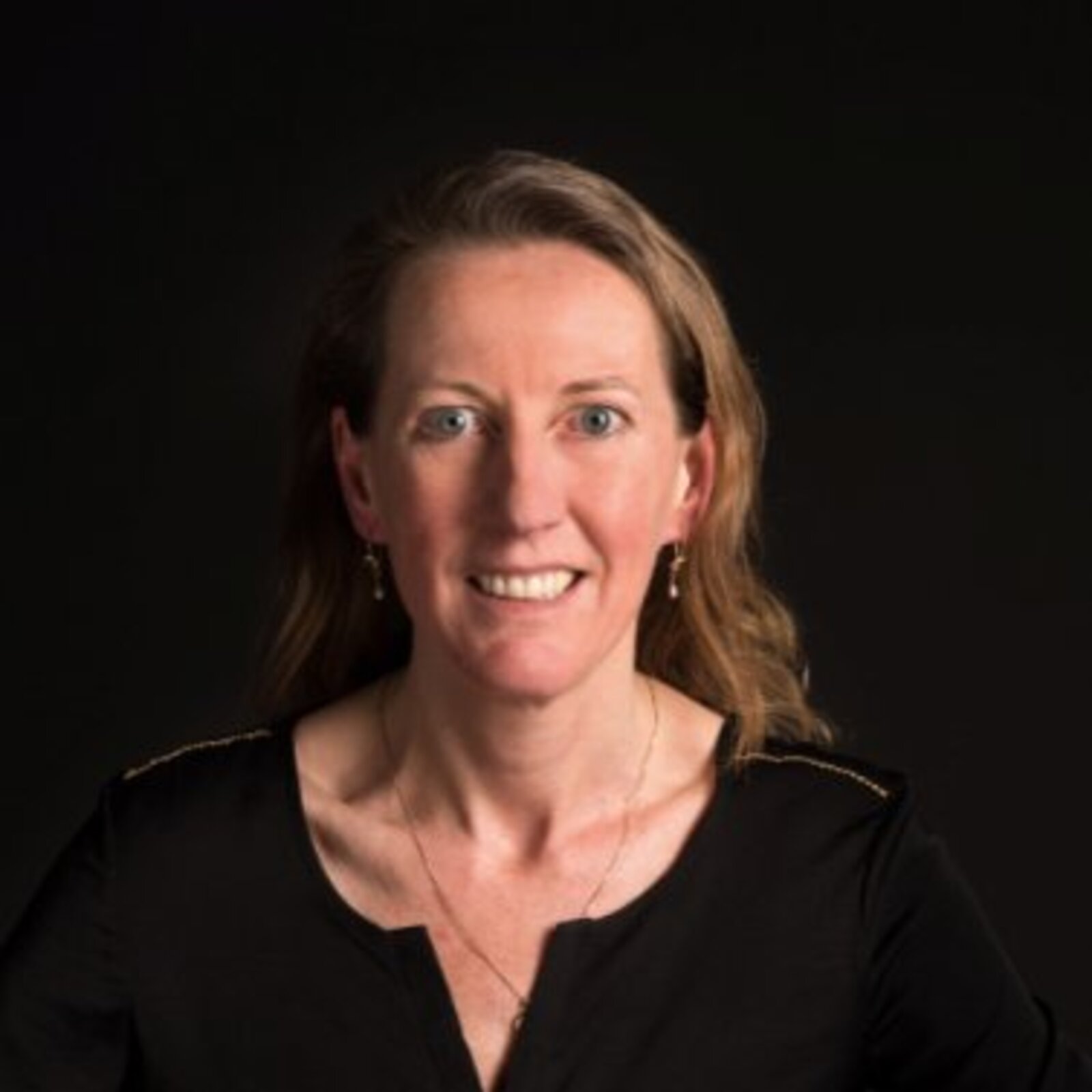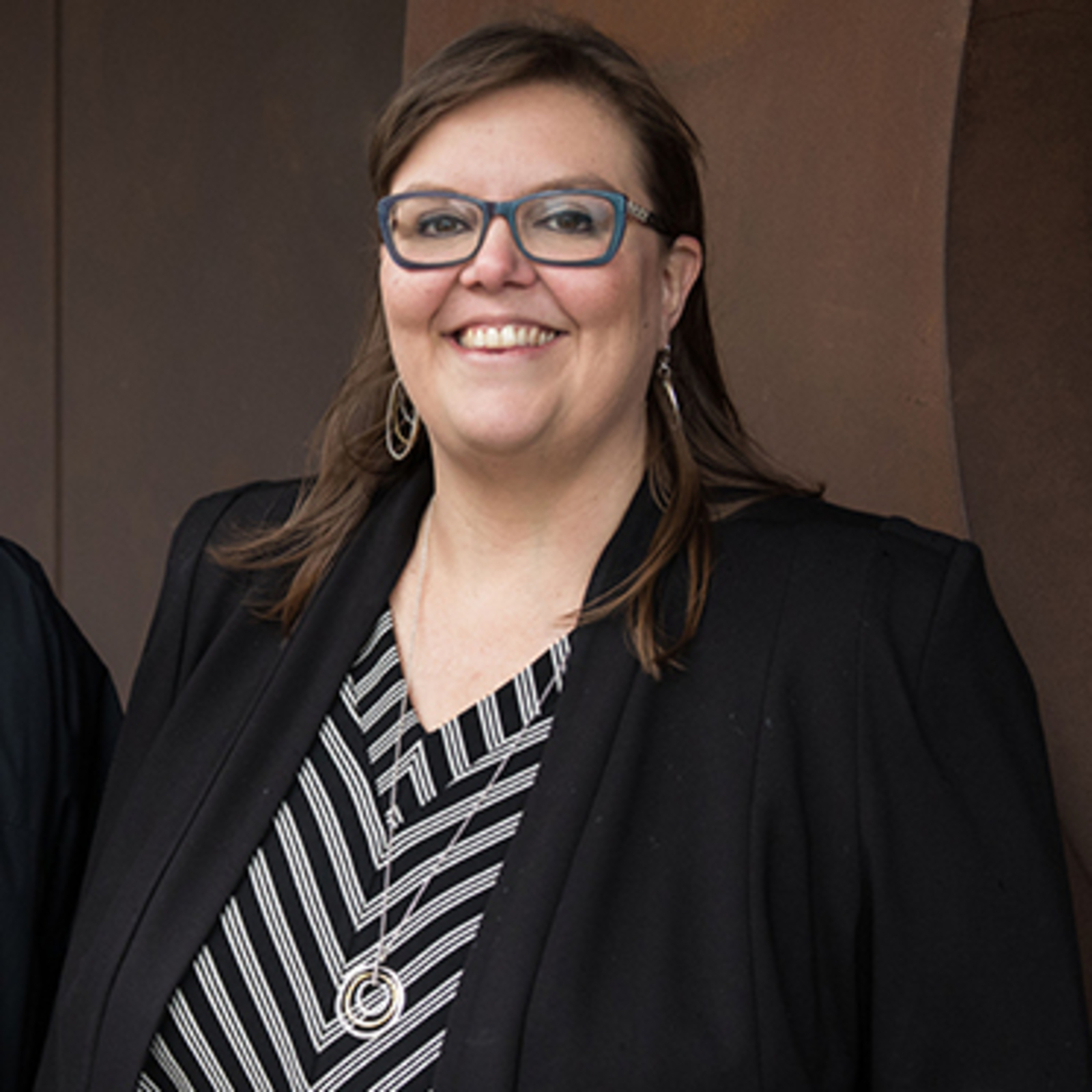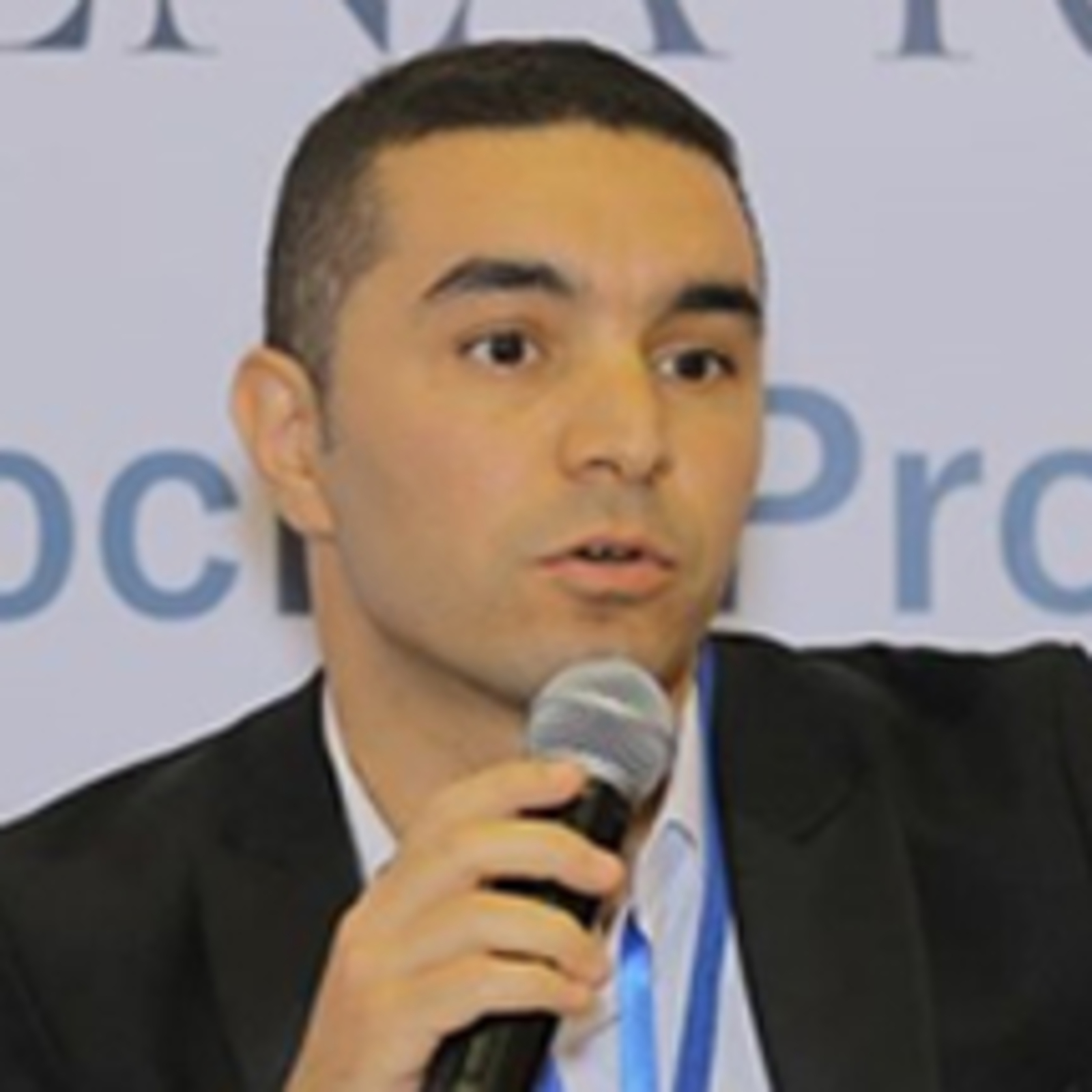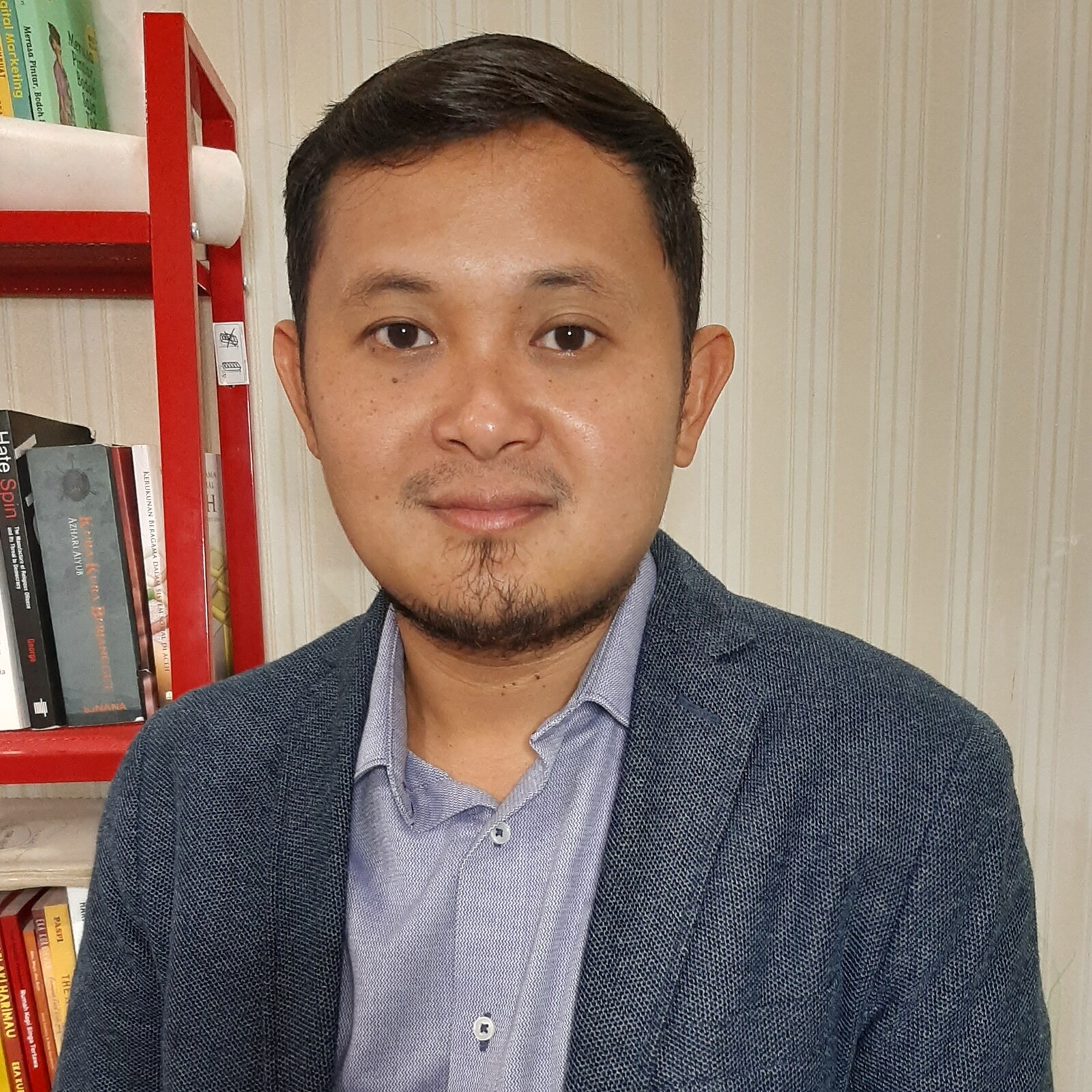Toward Inclusive Development Practices:
Fostering A Multi-Disciplinary Perspective on Development Issues
14-28 October 2022
Program Description
Inclusive development has become a popular concept that offers an alternative approach to development. The concept is promoted as a result of a deep awareness of the inadequacy of the mainstream development approach that heavily relies on economic growth and wealth accumulation.
Regardless many positive transformations, the economic growth approach is insufficient to tackle global inequality. Oxfam (2018) reported that 82% of wealth accumulated in 2017 is owned by 1% of the world's population. Behind those super-rich people are impoverished and vulnerable workers, especially women who receive meagre wages or even unpaid. This inequality becomes more profound with the outbreak of the Covid-19 pandemic. It is estimated that the world's ten super-rich people can increase their wealth from $700 million to $1.5 trillion; on the other hand, 99% of the world's population experience an economic deterioration and 160 million falls into poverty.
The discussion on inclusion issues requires a multi-disciplinary perspective. Pouw dan Gupta (2017) argue that development should be more inclusive, emphasizing on welfare and protection of the service ecosystem and environment. The move towards a more equal practice requires a redefinition political priorities, including in the context of Anthropocene and power relations. Following this argument, a series of discussions based on multi-dimensional understandings (i.e., sociology, economics, politics, law, culture, health, religion/spirituality, psychology, education, gender, ecology and technology) are needed as stepping stone for comprehensive awareness and practices.
Using inclusive development main theme, the summer course will be divided into four module components: theories and methodologies of inclusive development; main issues of inclusive development; measuring and evaluating inclusive development; and inclusive development practices in the Global South.
Participant
This summer course is open for Indonesian and international participants. The priority will be given to postgraduate students, early career researchers, and professionals in the development sector. The maximum number of participants to 80 people.
Purposes
In this summer course, we strive for the following purposes:
a) Facilitate the participants to understand the concept of inclusive development at theoretical, methodological, and applied levels;
b) Stimulate the participants' critical thinking and analytical skills on inclusive development;
c) Develop networking opportunities among the participants for future discussions and collaboration on inclusive development agenda.
Speakers
Dr. Antoni Tsaputra
Australia-Indonesian Disability Research and Advocacy Network (AIDRAN)
Prof. Dr. Juliet Willetts
University of Technology Sydney, Australia
Dr. Minhaz Farid Ahmed
Universiti Kebangsaan Malaysia
Assoc. Prof. Dr. Mohammad Zulfan Tadjuddin
Western Sydney University, Australia
Dr. Nicholas Jeffery Goodwin
Behavioural Insights Team, UK
Dr. Nicola Mutimurefu
National Social Security Authority (NSSA), Zimbabwe
Assoc. Prof. Dr. Nicky Pouw
Universiteit van Amsterdam, the Netherlands
Ms. Rachel Mary Anne A. Basas
Asian Development Bank, The Philippines
Dr. Walid Merouani
Research Center in Applied Economics for Development, Algeria
Yogi Setya Permana, M.A.
KITLV, The Netherlands
Rundown
Session 1: 1-2 pm (GMT+7)
Session 2: 2-3 pm (GMT+7)
Session 3: 3-4 pm (GMT+7)
| Day, Date | Session | Time | Speaker/Facilitator | Theme |
|---|---|---|---|---|
| Friday, 14 Oct 2022 | 1 | 1pm (GMT+7) | Introducing the Convenors | |
| The Dean of the Faculty of Social and Political Sciences, UGM | Opening Remark | |||
| Keynote Speaker: Dr. Vivi Yulaswati, M.Sc (SDGs Secretariat, Ministry of National Development Planning, Indonesia) | ||||
| All convenors | Program Overview |
Session 1: 1-2 pm (GMT+7)
Session 2: 2-3 pm (GMT+7)
Session 3: 3-4 pm (GMT+7)
| Day, Date | Session | Time | Speaker/Facilitator | Theme |
|---|---|---|---|---|
| Module 1: Theories and Methodologies | ||||
| Monday, 17 Oct 2022 | 1 | Assoc. Prof. Dr. Nicky Pouw (Universiteit van Amsterdam, the Netherlands) | Theories of inclusive development | |
| 2 | ||||
| 3 | ||||
| Tuesday, 18 Oct 2022 | 1 | Dr. Rachael Diprose (The University of Melbourne) | Methodologies of inclusive development | |
| 2 | ||||
| 3 | ||||
| Module 2: Main Issues of Inclusive Development | ||||
| Wednesday, 19 Oct 2022 | 1 | Assoc. Prof. Dr. Mochammad Zulfan Tadjuddin (Western Sydney University, Australia) | Employment issues from inclusive development perspectives | |
| 2 | Prof. Dr. Karen Malone (Swinburne University of Technology, Australia) | Childhood in anthropocene | ||
| 3 | ||||
| Thursday, 20 Oct 2022 | 1 | Dr. Minhaz Farid Ahmed (Universiti Kebangsaan Malaysia) | Synergy of Multi-disciplinary Approaches: A Way forward Towards Climate Resilient, Inclusive and Sustainable Development. | |
| 2 | ||||
| 3 | ||||
| Friday, 21 Oct 2022 | 1 | Prof. Dr. Kim Eunshil (EWHA Womans University, South Korea) | Women inclusion in development | |
| 2 | Yogi Setya Permana, MA, (KITLV, the Netherlands) | The politics of disaster prevention and ecological management: an inclusive development perspective | ||
| 3 | ||||
| Module 3: Evaluation and Behaviour for Inclusive Development | ||||
| Monday, 24 Oct 2022 | 1 | Dr. Marina Apgar (Institute of Development Studies, UK) | Inclusive development evaluation | |
| 2 | ||||
| 3 | ||||
| Tuesday, 25 Oct 2022 | 1 | Dr. Nicholas Jeffery Goodwin (Behavioural Insights Team, UK) | Promoting behavior for inclusive development | |
| 2 | Prof. Dr. Juliet Willetts (University of Technology Sydney, Australia) | Inequality and access to clean water | ||
| 3 | ||||
| Module 4: Learning from the South | ||||
| Wednesday, 26 Oct 2022 | 1 | Dr. Nicola Mutimurefu (National Social Security Authority (NSSA), Zimbabwe) | Inequality and social security in African countries | |
| 2 | Dr. Antoni Tsaputra (Indonesian Chair of AIDRAN (Australia-Indonesian Disability Research and Advocacy Network) | Inclusive development for People with Disabilities in Indonesia: how far has it gone? | ||
| 3 | ||||
| Thursday, 27 Oct | 1 | Dr. Walid Merouani (Research Center in Applied Economics for Development, Algeria) | Social policy trends in African countries | |
| 2 | Rachel Mary Anne A. Basas, MIS, MPM (Asian Development Bank, The Philippines) | Gender mainstreaming in development projects: the Philippine experience | ||
| 3 | ||||
Session 1: 1-2 pm (GMT+7)
Session 2: 2-3 pm (GMT+7)
Session 3: 3-4 pm (GMT+7)
| Day, Date | Session | Time | Speaker/Facilitator | Theme |
|---|---|---|---|---|
| Friday, 28 Oct 2022 | 1 | Group presentation | ||
| 2 | Group presentation | |||
| 3 | Closing |
Conveners
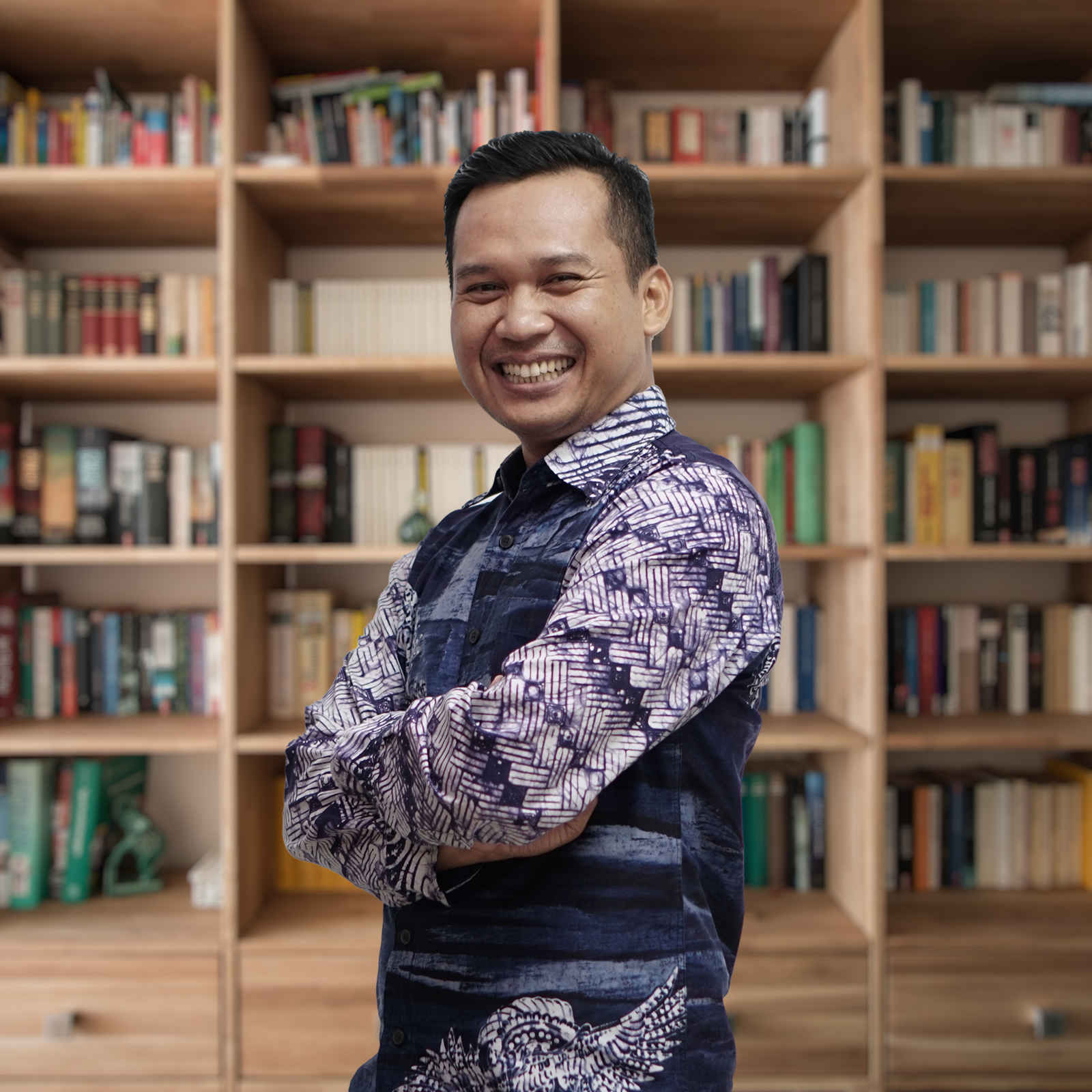
Dr. M. Falikul Isbah
Universitas Gadjah Mada
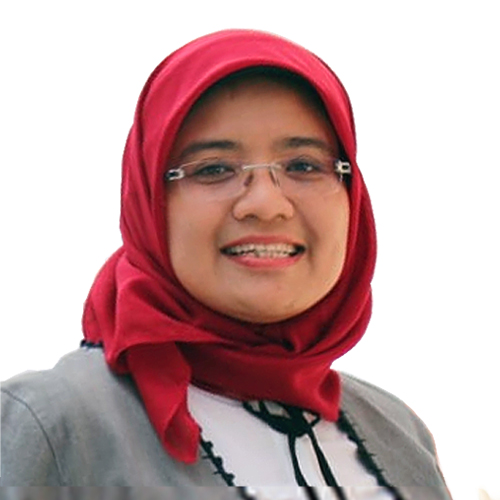
Prof. Nurul Indarti
Universitas Gadjah Mada
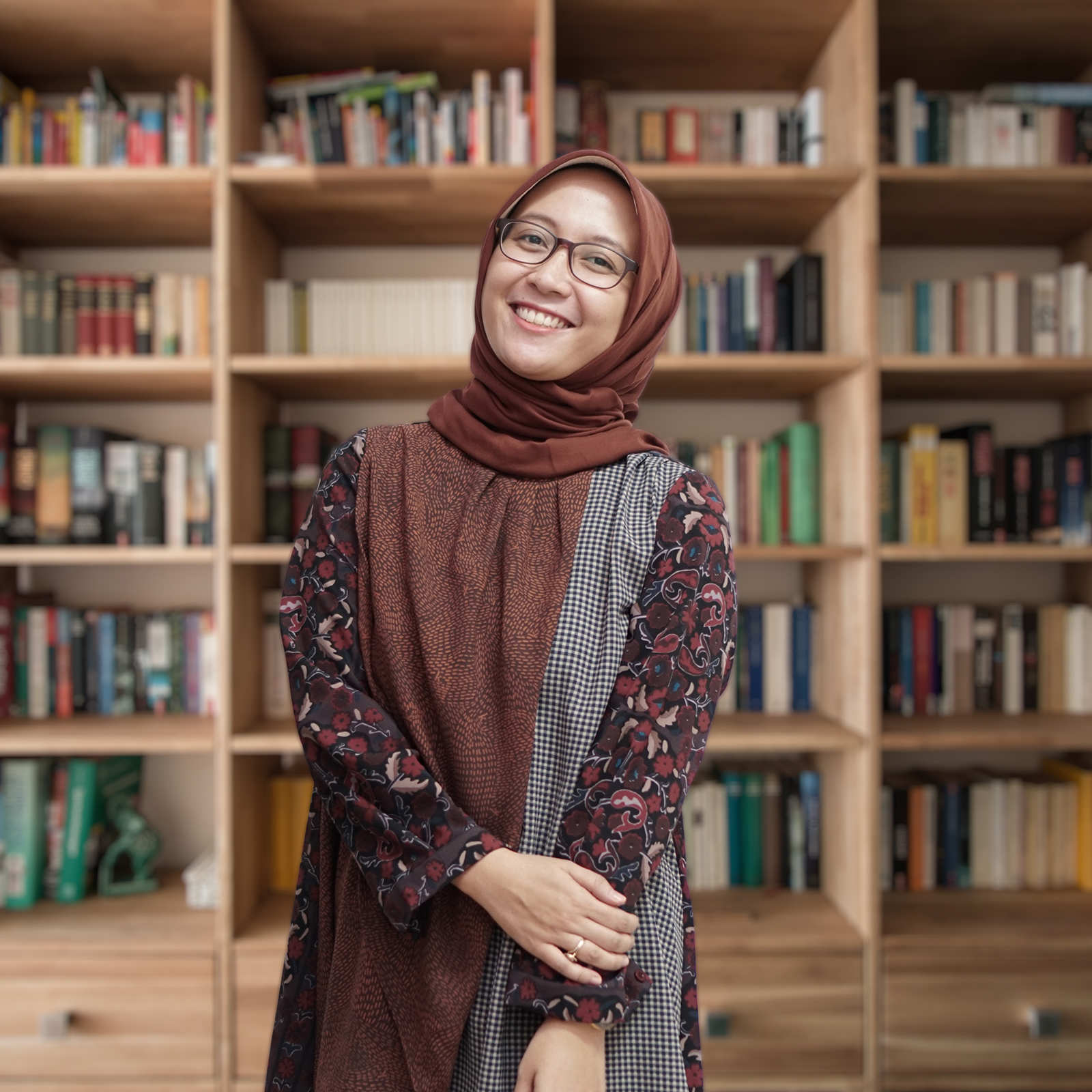
Dr. Desintha Dwi Asriani
Universitas Gadjah Mada
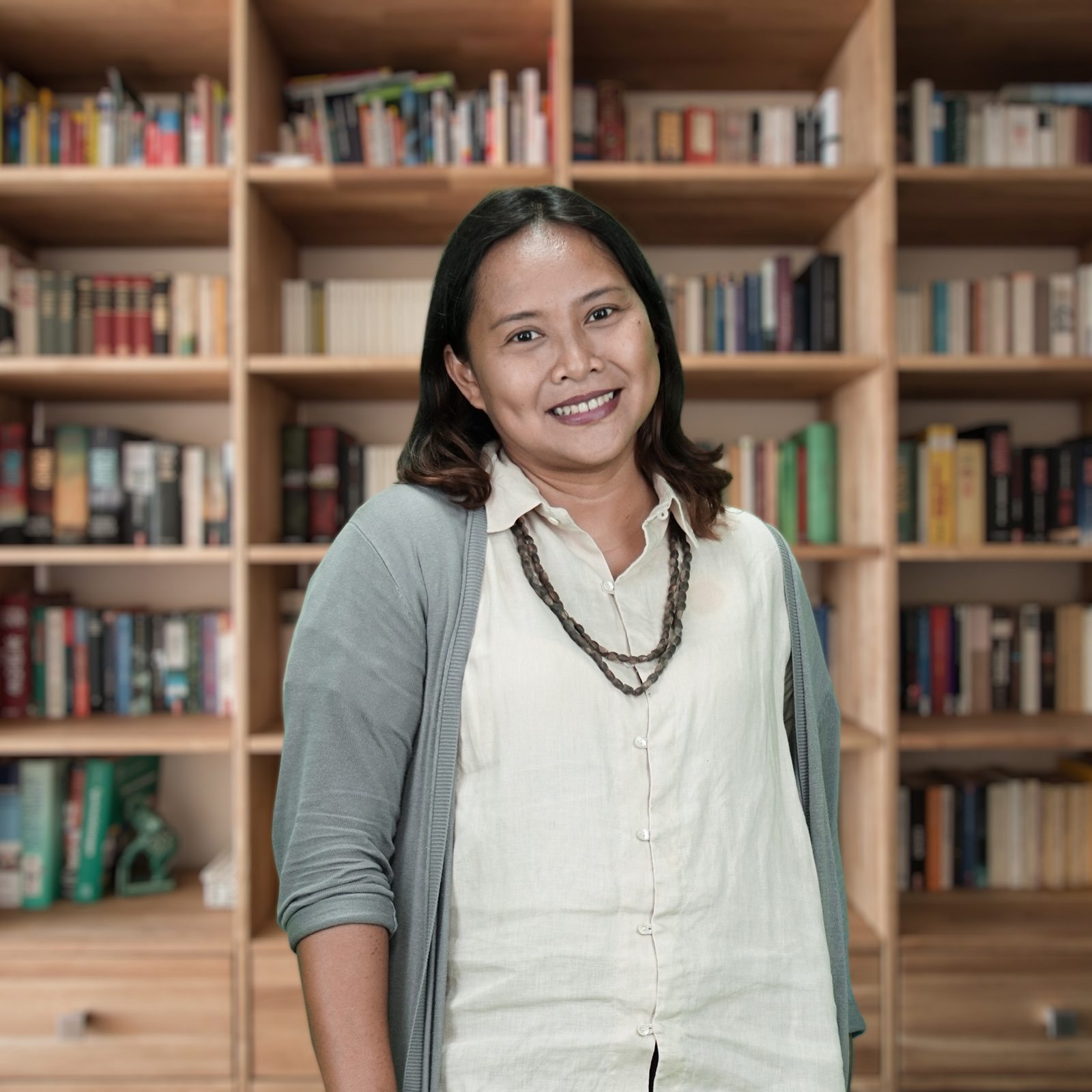
Dr. Yulida Pangastuti
Universitas Gadjah Mada
Requirements
a) Curriculum Vitae
b) Essay (Motivation Letter)
Contact Information
Email: postgrad.sociology.fisipol@ugm.ac.id
WhatsApp: +62 812-1191-1367 (Hartmantyo)
Registration
22 August - 7 October 2022
Announcement
Selected participants will be notified on Saturday, 8 October 2022
How to Apply
- Indonesian participants
Send all documents (Motivation Letter and CV) to postgrad.sociology.fisipol@ugm.ac.id with the subject "Summer Course 2022"
Admission Guideline for international participants can be accessed here
Frequently Asked Question (FAQ) Summer Course 2022
Does the program will be held offline or online?
The program will be held fully online
What are the details of the material that will be provided?
Details of the material (including the schedule) will be informed through this website page
Who is allowed to apply for this program?
Final-year undergraduate students, recent graduates, postgraduate students, practitioners, NGO members, and others who are interested in the topic
How much does it cost to join this program?
There is no charge which means it is totally free
Do the participant will get the certificate from the program?
Yes, all participant will get the certificate after completing the program
What are the requirements?
The main documents to apply this program include Curriculum Vitae and Motivation Letter (essay)
Is there any final exam to get the certificate for this program?
There will be Group Presentation session in the end of the program
What platform that will be used (including meeting and material) during the program?
The program will mostly use Zoom Cloud Meeting and Google Classroom (to access the material)
When does the program will be held, is it on weekdays or weekends?
The program will be held between Monday to Friday
Is there a registration limit for participants to take this program?
There will be maximum 80 participants to join this program
How many credit conversions for the participants who join this program?
Participants who complete the assigned paper will be given certificate of participation and transfer credit of 2 SKS
What if I have further questions, can I contact the Summer Course admin?
Further information can be asked to postgrad.sociology.fisipol@ugm.ac.id (email) or through Hartmantyo +62 812-1191-1367 (WhatsApp)


